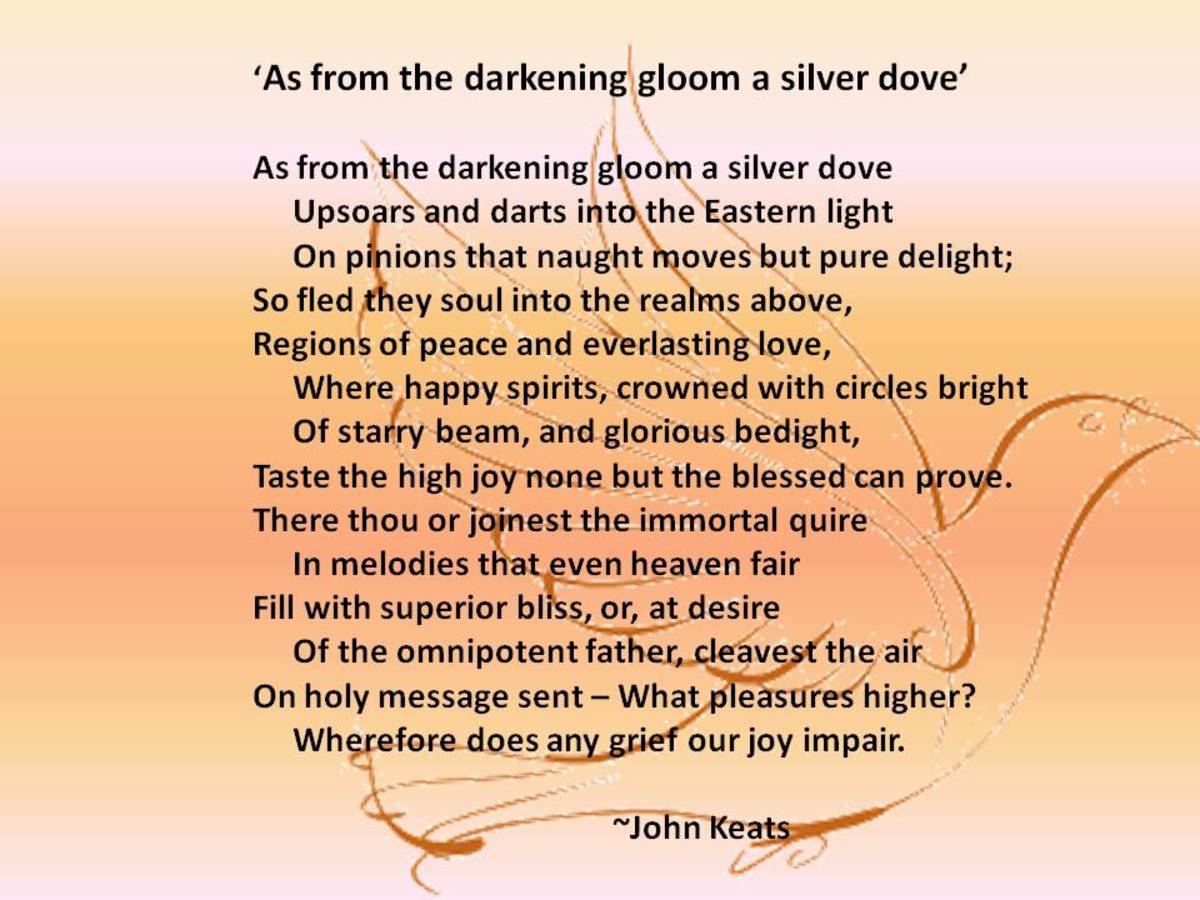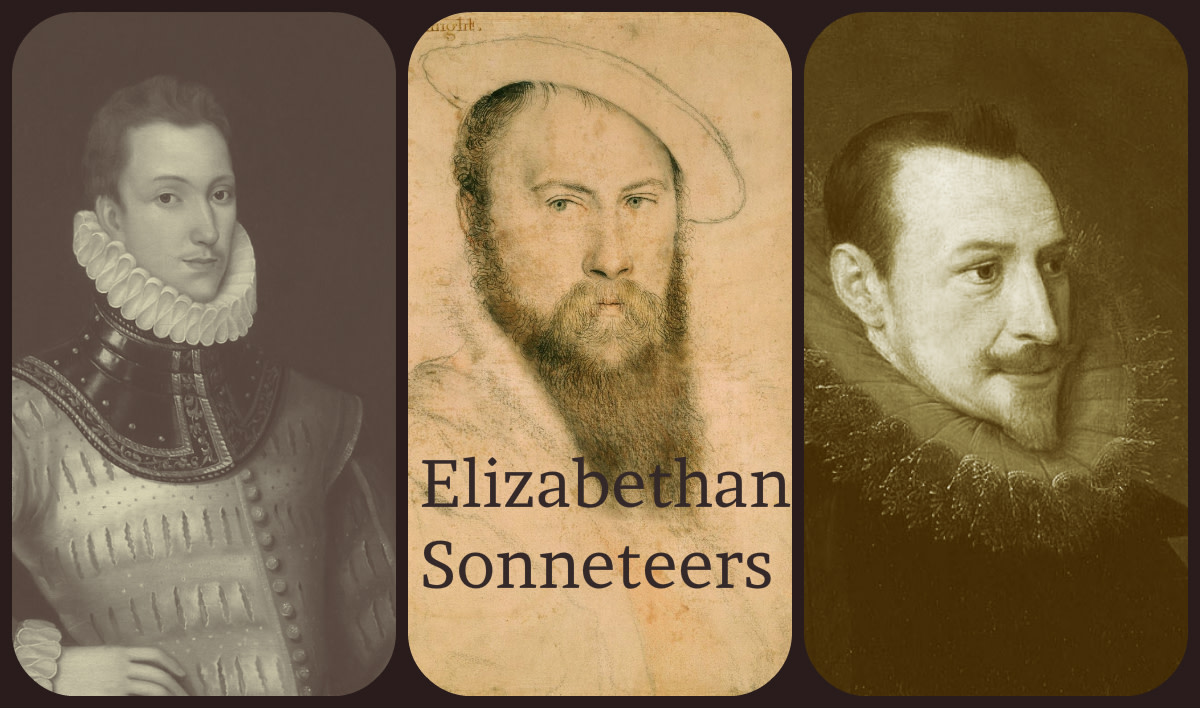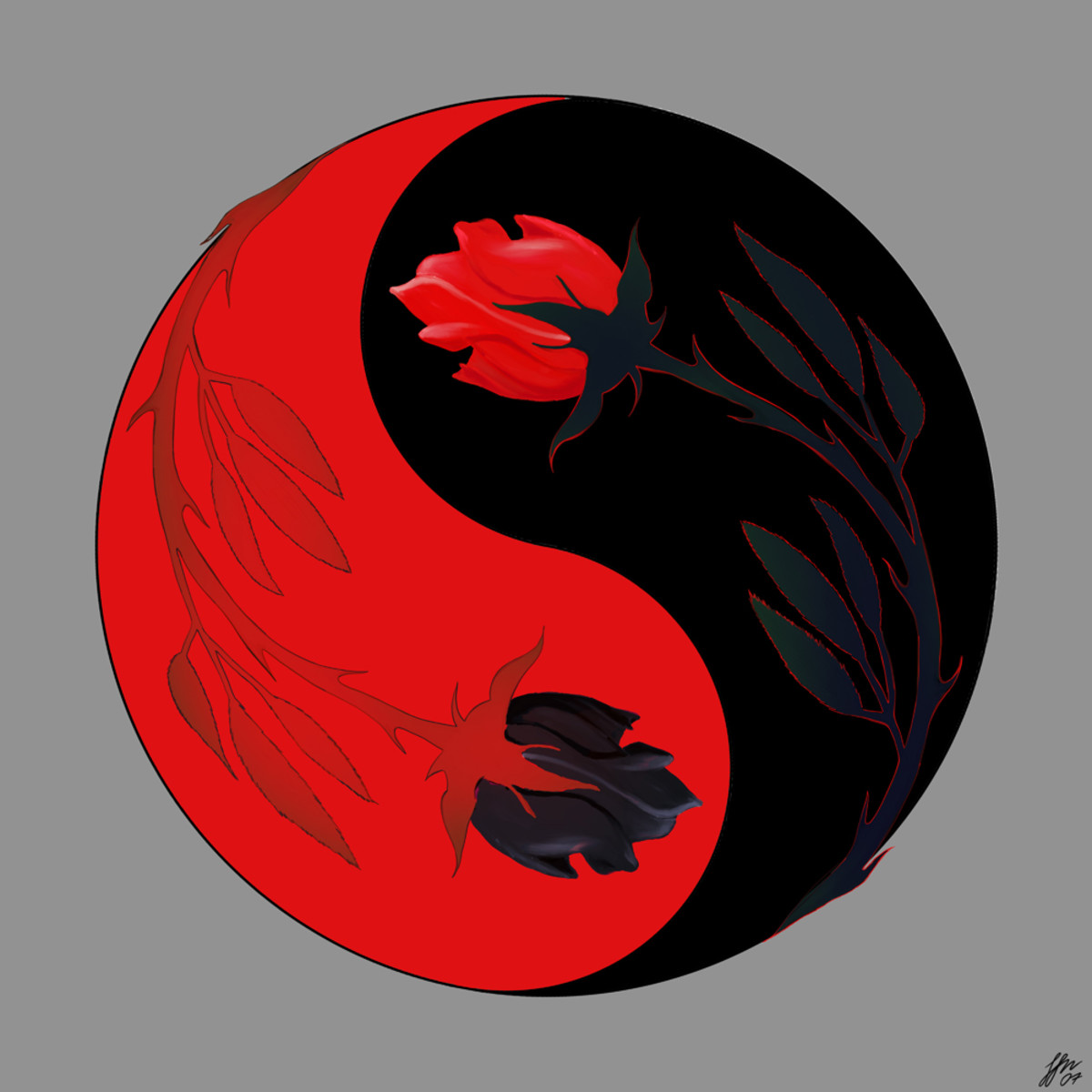"Did You Send That Midnight Message by Mistake?" Experimental American Sonnet with workshops on Internet friendship
Evolution of an Experimental American Sonnet
Workshop A: Responding Sentiment to a Fellow Poet
A1. After many months not hearing from my Internet friend Northwest Star (whom I've never met in person, and likely never will), shortly after 12:00 p.m. midnight of Thursday, December 1st, she sent me an enigmatic e-mail without signature that went like this:
A2. "Subject: You don't love me anymore?"
Message: "Isn't that a country song? Miss me?"
A3. It made me happy to hear from her, of course, but next morning, rather than write back, "yes, yes!" I realized happiness in such a case was not an uncommon experience, so I went into my Workshop mode to see if I could harness the emotional energy to write a poem applicable not just to her from me, but for anyone experiencing reconnection with a "love thought lost."
A4. My readers know I often write alternating unstressed-stressed syllables (iambic feet) in lines with six feet (hexameter), and I like to create double rimes and meanings inside a line.
A5. I had hoped here for an American Sonnet, but the sentiment relentlessly refused to budge beyond eight lines.
A6. This little poem is far from perfect, of course, though the last two lines did make my wife hug me extra tight, but I offer it here for what any part of it might be worth to any reader at any time. I hope you like it.
The Faintest Message Signal from Afar
(Friday, December 2, 2011)
The faintest message signal from afar, a star,
caused me today to stop and shed some tears, some fears,
as happiness of love thought lost abounds, resounds,
and all those terrifying petty problems fly, or die.
Surprised responses swirling in my mind affirm,
and rash attempts to write new poetry confirm:
there is a secret place for you inside my heart
where you and I will never, ever be apart.
Workshop B: Frustration Leads to a Full-fledged Experimental American Sonnet
B1. Five full days later, however, still no response. Oh, how delicious the agony when the people you want to write to you do not, while all the people you would rather not write to you, insist on doing so, over and over, for instance, bill collectors and political candidates wanting money; it's that time of year!
B2. Compounded here, of course, by concern for my friend's well-being, though I personally hate to hear one person ask another, "Are you all right?" Short of experiencing appendicitis, what are they supposed to say? No?!
B3. Once inside my workshop on Wednesday, I changed my original plans for the day.
B4. What if the midnight message causing my happiness had been a mistake?
B5. I began writing a prose letter to express my thoughts and feelings, but this did not satisfy me.
B6. As my regular readers know, I've experimented editing Shakespeare's sonnets into modern American English, and also searched for more typically American forms and styles for the sonnet than those common in Renaissance Italy and Elizabethan England.
B7. I tried to condense and convert my prose letter into a traditional sonnet, but it wouldn't fit.
B8. Let's face it, I'm not Shakespeare! I'm an American who-knows-what? 400 years later.
B9. But the material did fit quickly into a sonnet-like 14 lines when I realized Americans characteristically do not limit their serious thoughts to a series of ten syllables (five iambic feet as in traditional sonnet pentameter), but not uncommonly they use twelve, fourteen, or more syllables. Nor do they normally start their thoughts (lines) with an unaccented syllable (as in traditional sonnet iambic feet).
B10. Americans quite often start their sentences in descending rhythm with accented first-syllables (trochaic feet: an accented syllable followed by an unaccented one), but they also like to end their sentences with ascending rhythm, so their lines turn gradually into the iambic feet (unaccented followed by accented) of the traditional sonnet.
B11. In short, the poem I wrote for this occasion seemed to fall naturally into a pattern where each line started with an accented beat in a trochaic foot, then in the midst of the line, gradually, almost imperceptively, turned itself into iambic feet that produced a strong ending accent at the end of the line.
B12. The first four lines have nine beats (accented syllables), and the other ten have eight beats.
B13. All this is admittedly experimental, trying to see how American English would naturally express itself in the context of classical forms and styles, but not slavishly limited by them.
B14. Please let me know your opinions about this and other ideas for creating characteristically American forms of literature.
B15. Meanwhile, I hope you enjoy the poem as much as I did trying to make it do its work.
Did You Send That Midnight Message by Mistake?
An Experimental American Sonnet about Internet Friendship
Wednesday, December 7, 2011
Did you send that midnight message by mistake . . . to Max December 1st?
Please take just a moment to respond to him, . . . oh bright star fully burst.
Let him know you are all right, at peace with life, . . . and with yourself well-versed.
Let him hear your strong poetic voice . . . still plunging into life headfirst.
Internetted friend, you know you are . . . important to me now
(safely out of my arm's reach), . . . so no big news flash anyhow.
When in winter grass I write . . . fresh lines that rhyme, and then don't see
your response, are all your midnight dreams . . . still drifting out to sea?
Now I'm not as happy as I thought . . . I was and want to be,
wanting you to stay my muse, my challenge, and . . . my candid ear to be;
you, a warrant to keep growing up . . . and always learning par;
you, my northwest evening star . . . that twinkles safely from afar.
Memories are great; they will endure, . . . no doubt, through empty times.
Now, today, however, let me hear . . . your presence in new rhymes!
B16. A final note and challenge for all who have endured with me thus far: If all the friendships of your life, whether inter-nettted or otherwise, do not empower you, and enable you, at any given point in your life, to create things of beauty, usefulness, kindness, respect, and even love for others, what's the point?
_______________________________________________________________
Copyright (c) 2013 by The Max Havlick School, 16 W. Vermont St., Villa Park, Illinois 60181-1938, all rights reserved.








